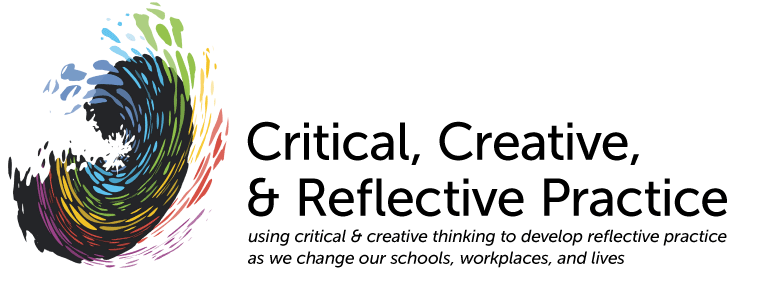Critical Thinking stirs up thinking about current practices that are widely accepted and rarely questioned.
Source: Taylor (1999)Deducing is concerned with whether something follows necessarily from something else while Inducing is inductive inference which includes generalizing and inferring to hypothesis that are supposed to explain the facts.
The preceding two definitions are confusing and need clarification. Deducing means “making a specific prediction based on a general principle believed to be true”. Inducing means “forming a general theory of explanation based on specific observations that have been made previously”.(See Graphic 4)
Background knowledgeis absolutely essential for critical thinking. You cannot expect someone who is ignorant to make a best explanation inference.
In a best explanation inference the conclusion must explain the facts and must be consistent with any facts. There must be no plausible alternative explanations and the conclusion should be plausible.
Reasoning
Source: Taylor (1999)
Most arguments make both an internal and external claim. In the internal claim, premises connect with the conclusion - “Given the premise, the conclusion must be true” or “If the premises are true, the conclusion cannot be false.” In the external claim, premises are consistent with fact -“Are all premises true? Have I overlooked any critical details?”
Arguments in which the internal claim is correct are said to be valid and incorrect internal claims are invalid. A sound argument is a valid argument (the internal assessment) with true premises (the external assessment). An unsound argument is a valid argument with one or more false premises. Unsound or invalid arguments could have true conclusions (but this would be luck!).).
Good Reasoning
- Comes from fact (established truth)
- Premises are independent of the conclusion (from reasons to conclusion)
- Premises and arguments relevant (conclusion must depend on premises)
- Premises adequately support their conclusion (conclusions exactly reflect strength of their premise)
- Premises are more accessible than the conclusion (the premises unfold the unknown, unclear etc. So much of the argument amounts to explanation)
- Goes somewhere (otherwise evasive, rambling)
- Is open (greater probability of the truth emerging)
Associated pages
Establishing Causality
References
(to be completed later)(Original material compiled by Mary Frangie)
